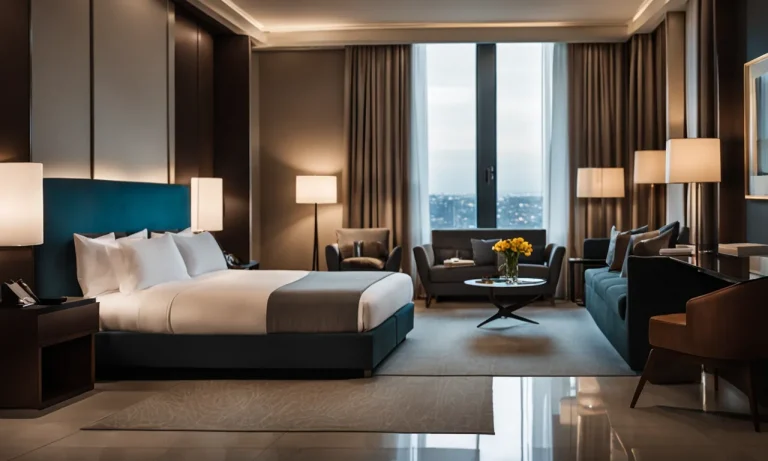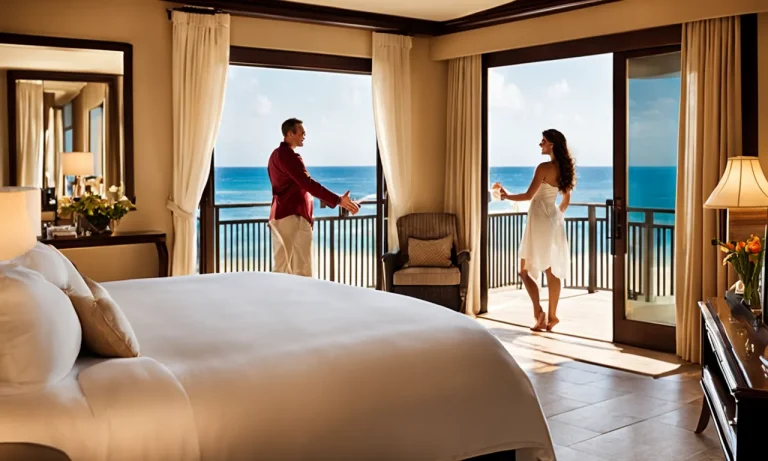If you’ve ever stayed at a hotel, you may have wondered: are hotels responsible for lost or stolen items? The safety and security of your belongings while traveling is a valid concern, and understanding the liability of hotels can help ease your worries.
If you’re short on time, here’s a quick answer to your question: Hotels are not always legally responsible for lost or stolen items. However, this does not mean that they are completely exempt from any responsibility.
In this article, we will explore the topic of hotel liability for lost or stolen items in detail. We will discuss the factors that determine hotel responsibility, the steps hotels take to protect guests’ belongings, and what you can do to ensure the safety of your valuables while staying at a hotel.
By the end of this article, you will have a better understanding of the role hotels play in safeguarding your possessions.
Understanding Hotel Liability
When it comes to hotel stays, guests often wonder who is responsible if their belongings are lost or stolen. To shed some light on this topic, it is important to understand the concept of “innkeeper’s liability” and the legal obligations that hotels have towards their guests.
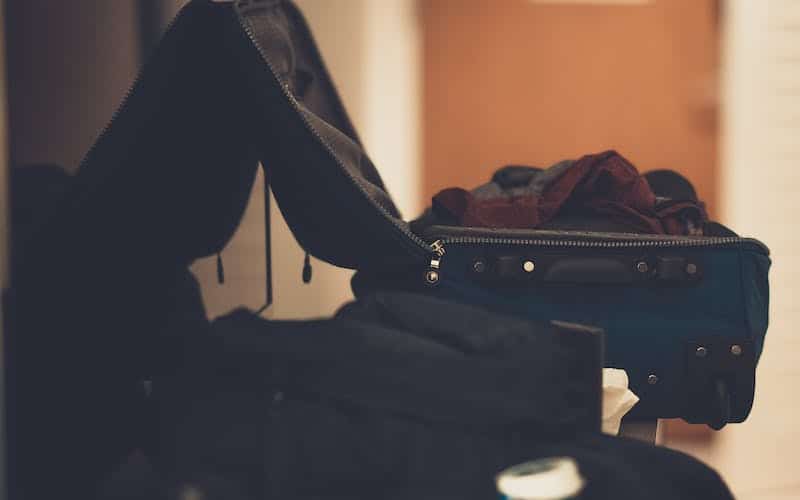
The concept of “innkeeper’s liability”
The term “innkeeper’s liability” refers to the legal responsibility that hotels have for the property of their guests.
Essentially, hotels are expected to provide a safe and secure environment for their guests and take reasonable measures to protect their belongings. This means that if a guest’s items are lost or stolen due to the hotel’s negligence, the hotel may be held liable for the damages.
However, it is important to note that hotels are not automatically responsible for lost or stolen items.
Guests also have a certain level of responsibility to take care of their belongings and use the in-room safes or other security measures provided by the hotel. If a guest fails to take reasonable precautions to protect their belongings, the hotel’s liability may be reduced.
Legal obligations and limitations
Hotels are legally obligated to provide a safe and secure environment for their guests. This includes implementing security measures such as surveillance cameras, locks on doors, and trained staff to monitor and respond to potential threats.
Additionally, hotels are usually required to have insurance coverage to protect against potential losses or damages to guest property.
However, it’s important to recognize that there are limitations to a hotel’s liability. For example, hotels are not responsible for items that are lost or stolen outside of their premises, such as in a guest’s car or during an excursion.
Additionally, hotels may have policies in place that limit their liability for certain types of valuables, such as cash or jewelry. These limitations are typically outlined in the hotel’s terms and conditions or guest agreement.
Variances in local laws
It’s worth noting that hotel liability laws can vary from one jurisdiction to another. Local laws may place different responsibilities on hotels and provide varying levels of protection for guests. For this reason, it is important for travelers to familiarize themselves with the laws and regulations of the specific location they are visiting.
If you have concerns about the liability of a hotel, it’s always a good idea to review the hotel’s policies and ask questions before your stay. This can help you understand your rights and responsibilities as a guest, and ensure that you have a pleasant and worry-free experience.
Hotel Safeguards for Guest Belongings
Hotels understand the importance of ensuring the safety and security of their guests’ belongings. To provide peace of mind, they have implemented various safeguards to protect against lost or stolen items.
Let’s explore some of these measures:
Safe deposit boxes
One common safeguard offered by hotels is the provision of safe deposit boxes. These secure storage units are typically available at the front desk or in a dedicated room.
Guests can store valuable items such as cash, jewelry, passports, and important documents in these boxes, which are protected by a unique key or code. This extra layer of security gives guests the assurance that their belongings are safe while they enjoy their stay.
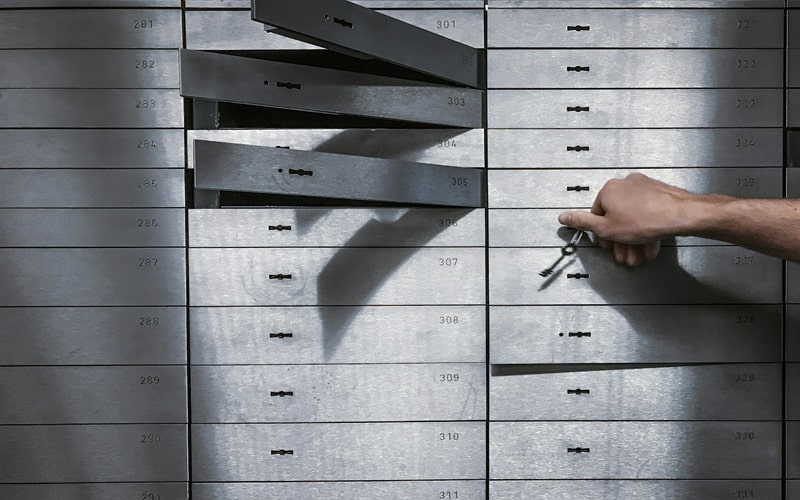
In-room safes
In addition to safe deposit boxes, many hotels now provide in-room safes for guests to store their valuables. These safes are typically located in the guest rooms and can be locked using a personal code set by the guest.
The convenience of having a secure storage option within the room allows guests to easily access their belongings while ensuring their safety.
Surveillance systems
Hotels invest in surveillance systems to monitor and deter potential theft or unauthorized access to guest areas. These systems typically include CCTV cameras strategically placed throughout the hotel premises, including common areas, corridors, and entrances.
The presence of surveillance cameras serves as a deterrent to potential thieves and assists in identifying any suspicious activities that may occur.
Staff training and background checks
Hotels recognize the importance of having trustworthy and reliable staff members. To ensure the safety of guests’ belongings, hotels conduct thorough background checks on their employees and provide comprehensive training on guest privacy and security.
This includes educating staff on the proper handling of guest belongings, emphasizing the importance of confidentiality, and implementing strict protocols to prevent theft or unauthorized access.
It is worth noting that while hotels take significant measures to safeguard guest belongings, it is still advisable for guests to exercise caution and take personal responsibility for their valuables.
This includes utilizing the available safeguards provided by the hotel and practicing general safety measures, such as locking doors and windows, when leaving the room.
For more information on hotel safety and security, you can visit TripAdvisor or consult the specific hotel’s website for their policies and procedures.
Guest Responsibilities
When it comes to staying in a hotel, guests have a certain level of responsibility for their personal belongings. While hotels do their best to provide a safe and secure environment, it is important for guests to take precautions to protect their valuables.
Taking precautions
One of the simplest ways to safeguard your belongings is by utilizing the in-room safe provided by the hotel. Most hotels offer this amenity for guests to store their valuables, such as passports, jewelry, and cash. It is advisable to take advantage of this feature and avoid leaving valuable items unattended in your room.
Additionally, it is always a good idea to lock your room when you leave. This may seem like common sense, but accidents happen, and it’s better to be safe than sorry. By taking these simple precautions, you can greatly reduce the risk of losing or having your items stolen.
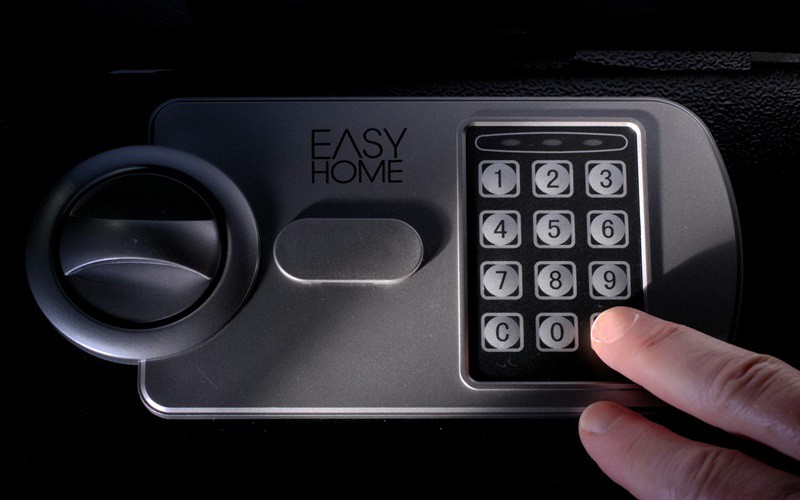
Insurance coverage
While hotels have a responsibility to provide a safe environment, they are not liable for lost or stolen items unless they can be proven negligent. This is why it is important for guests to review their insurance coverage before traveling.
Many homeowners or renters insurance policies offer coverage for personal belongings while away from home. It is recommended to check with your insurance provider to see if you are covered and if any additional coverage is necessary.
If you do not have insurance coverage, it may be worth considering purchasing travel insurance that includes coverage for lost or stolen items. This can provide you with peace of mind, knowing that you are protected in case of any unfortunate incidents.
Documentation and proof of ownership
In the event that your belongings are lost or stolen, it is important to have proper documentation and proof of ownership. This can help in filing a police report and making an insurance claim if applicable. Before your trip, take inventory of the items you are bringing and keep a record of their value, purchase receipts, and any serial numbers if applicable.
If possible, take photos or videos of your belongings to further document their condition and ownership. These simple steps can make the claims process smoother and increase your chances of recovering lost or stolen items.
Remember, while hotels strive to provide a safe and secure environment for their guests, it is ultimately the responsibility of the guest to take precautions, review insurance coverage, and properly document their belongings. By being proactive and taking these steps, you can minimize the risk of losing or having your items stolen during your stay.
Exceptions to Hotel Liability
While hotels generally have a duty to protect their guests’ belongings, there are certain exceptions where they may not be held liable for lost or stolen items. It’s important for guests to be aware of these exceptions to understand their rights and responsibilities. Here are some common exceptions to hotel liability:
Negligence on the part of the guest
In cases where a guest is negligent in safeguarding their belongings, the hotel may not be held responsible for any resulting loss or theft.
For example, if a guest leaves their room door unlocked or fails to secure their valuables in the provided safe, the hotel may argue that the guest’s negligence contributed to the incident. Therefore, it’s crucial for guests to take appropriate precautions and follow the hotel’s security guidelines to minimize the risk of theft.
Guests’ own actions
Hotels may also be exempt from liability if the loss or theft is a result of the guest’s own actions. This includes situations where a guest willingly entrusts their belongings to someone else, such as leaving their bags unattended in a public area or handing over their room key to an unauthorized individual.
In such cases, the hotel may argue that the guest’s own actions were the primary cause of the incident, relieving them of any responsibility.
Force majeure events
Force majeure events, such as natural disasters, acts of terrorism, or civil unrest, can also absolve hotels from liability for lost or stolen items.
These events are typically beyond the control of the hotel, making it unreasonable to hold them accountable. However, it’s worth noting that some hotels may offer additional protections or insurance coverage for such exceptional circumstances, so it’s always a good idea to inquire about these policies before your stay.
It’s important to remember that hotel liability can vary depending on the jurisdiction and specific circumstances of each case. If you have any concerns about the safety of your belongings during your stay, it’s advisable to consult the hotel’s policies or speak with the staff directly.
Additionally, maintaining a comprehensive inventory of your belongings and obtaining appropriate travel insurance coverage can provide an added layer of protection and peace of mind.
Tips for Protecting Your Belongings
Use of room safes or hotel lockers
One of the best ways to protect your belongings while staying at a hotel is to utilize the room safe or hotel lockers if available. These secure storage options provide a safe place to store your valuables such as cash, jewelry, passports, and electronics.
Remember to set a unique code and keep it confidential to ensure maximum security. By using these facilities, you can have peace of mind knowing that your belongings are protected.
Keeping valuables out of sight
Another simple yet effective tip for protecting your belongings is to keep them out of sight when you are not using them. This means storing them in your luggage or in a closed bag rather than leaving them out in the open.
Additionally, avoid leaving valuable items unattended in public areas such as hotel lobbies or restaurants. By keeping your belongings hidden, you reduce the risk of attracting unwanted attention and potential theft.
Travel insurance
It is always a good idea to invest in travel insurance that covers lost or stolen items. While hotels have a certain level of responsibility for guest belongings, having travel insurance provides an extra layer of protection.
In the unfortunate event that your belongings are lost or stolen, you can file a claim with your insurance provider to recoup the value of the items. Make sure to carefully review your insurance policy to understand the coverage and any limitations.
Securing your luggage
When traveling, it is important to secure your luggage to prevent theft or tampering. Consider using a TSA-approved lock to secure your suitcases. These locks can be opened by TSA agents if necessary for security screenings.
Additionally, you may want to invest in luggage with built-in security features such as reinforced zippers or hidden compartments. By taking these precautions, you can minimize the risk of unauthorized access to your belongings.
Remember, while hotels have a responsibility to provide a safe environment for their guests, it is ultimately your responsibility to take precautions to protect your belongings. By following these tips, you can greatly reduce the risk of lost or stolen items during your stay.
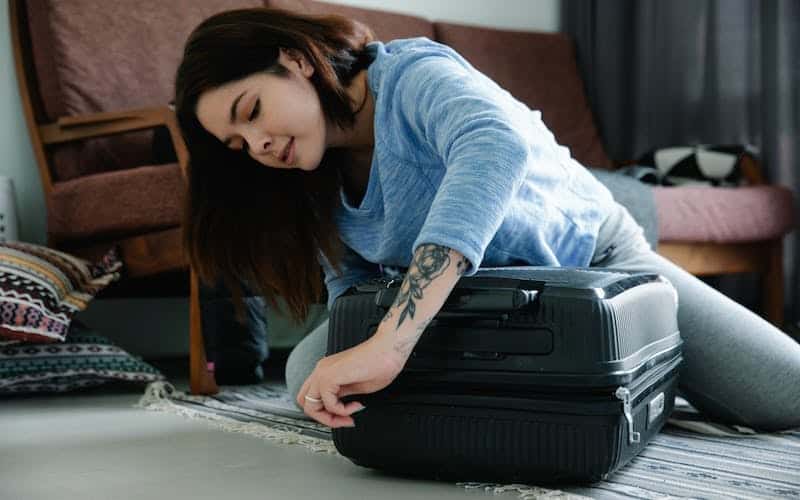
Conclusion
While hotels may not always be legally responsible for lost or stolen items, they do have a duty to provide a safe and secure environment for their guests.
Understanding the factors that determine hotel liability and taking necessary precautions can help minimize the risk of theft or loss. Remember to always be aware of your surroundings, secure your valuables, and consider obtaining travel insurance for added protection.
We hope this article has provided you with valuable insights into the responsibilities of hotels when it comes to lost or stolen items. Travel with peace of mind knowing that you are well-informed and prepared to protect your belongings during your hotel stays.



